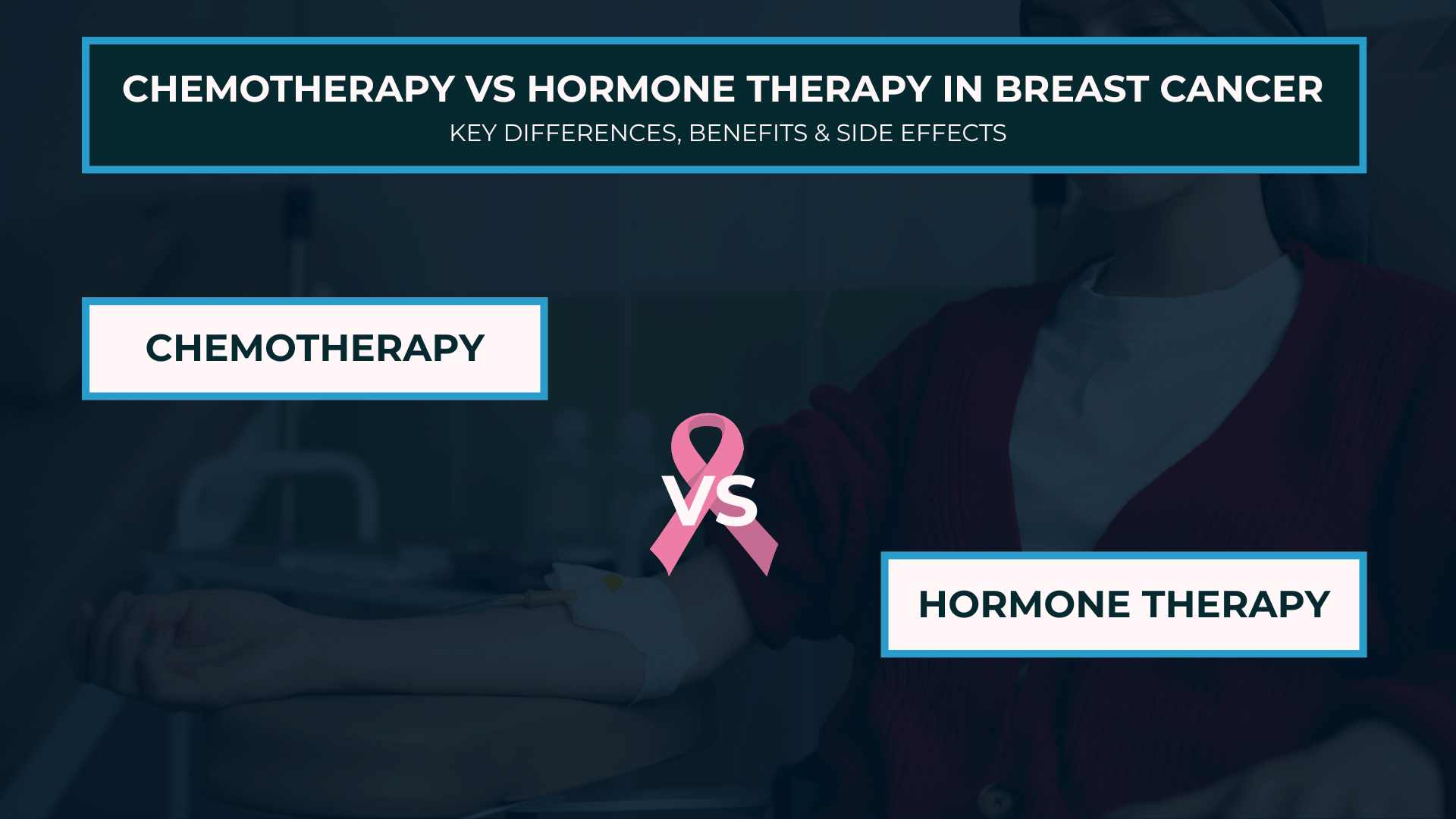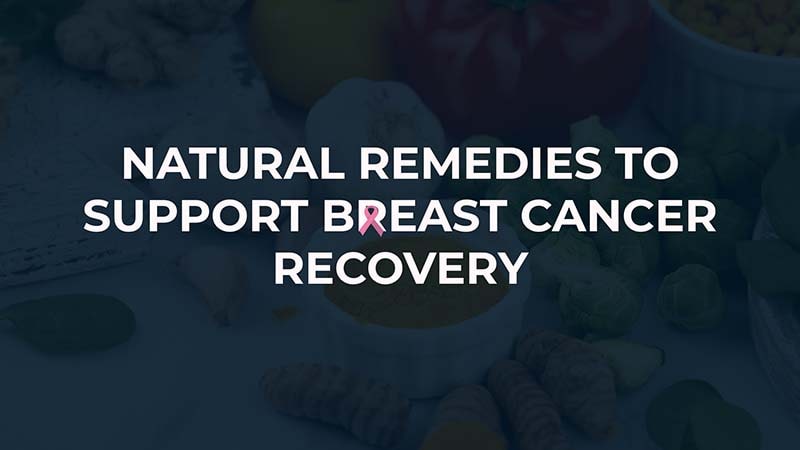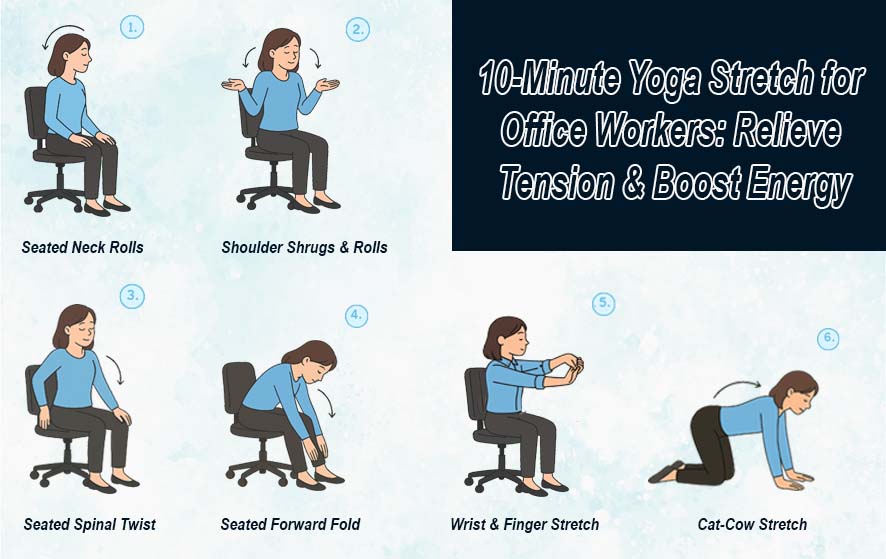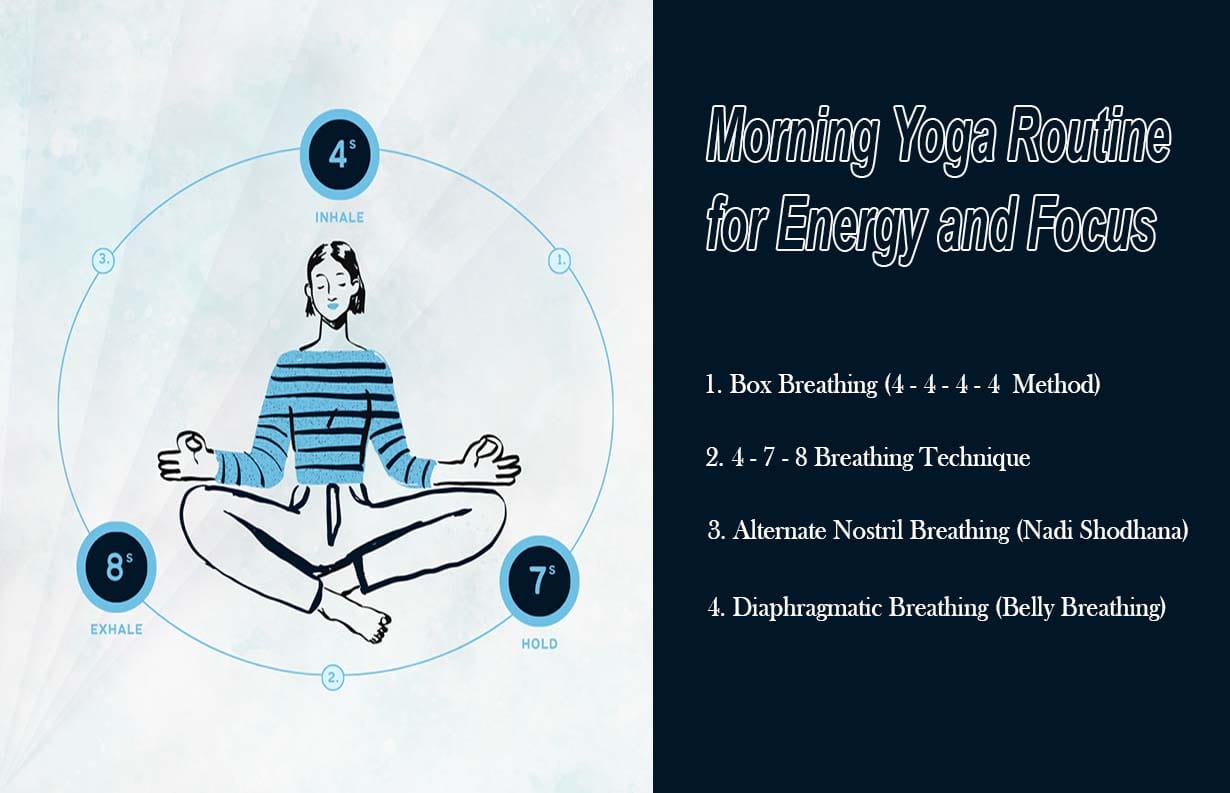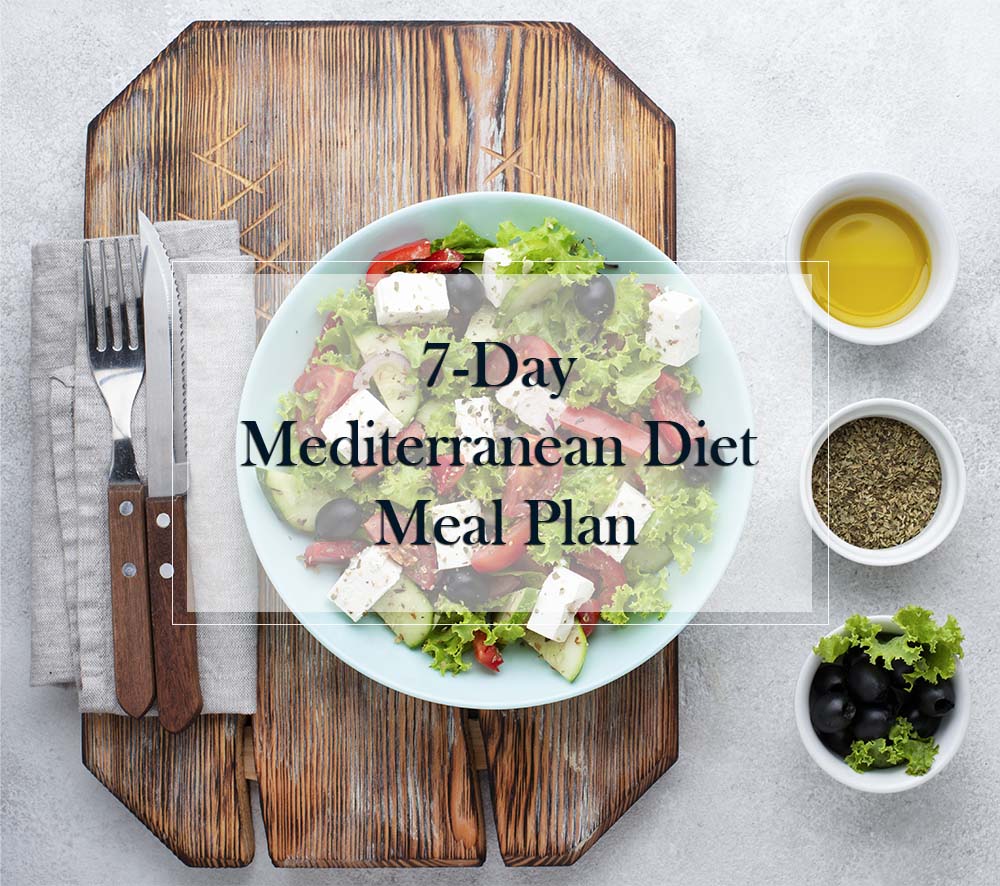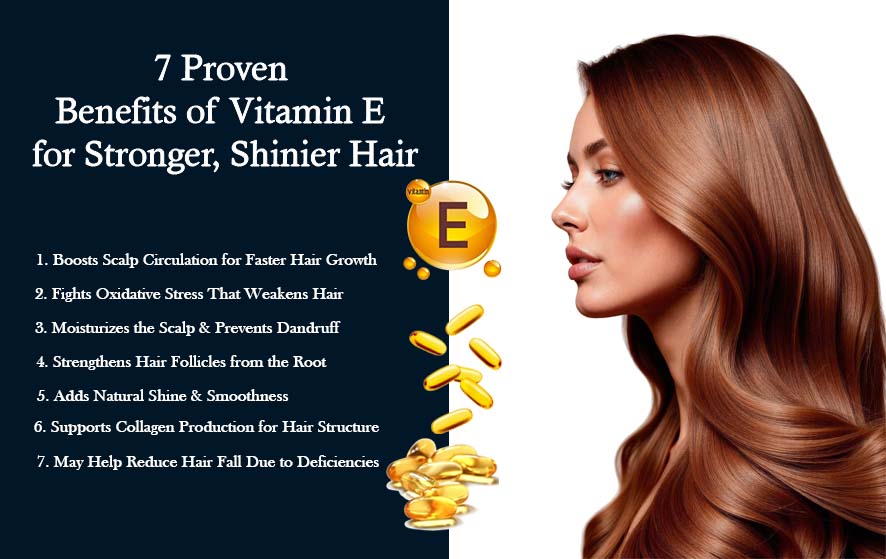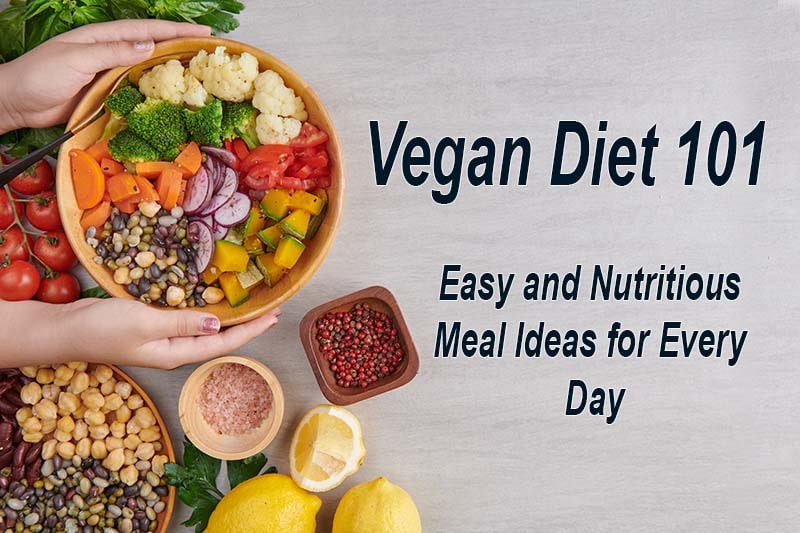With the growing awareness of health, sustainability, and animal welfare, more and more people are turning to veganism. But what exactly is a vegan diet, and why is it gaining so much traction? This post dives into the many benefits of a vegetarian lifestyle, debunks common myths, and offers practical tips for those interested in making the switch.
Introduction to the Vegan Diet
The Vegan diet has moved from the fringes to the mainstream. Unlike vegetarians, vegans avoid all animal products — including meat, milk, eggs, and even honey. Instead, they focus on plant-based foods such as fruits, vegetables, grains, nuts, and seeds. This life style choice is often influenced by health concerns, environmental issues, and ethical considerations.
Veganism has seen a rise in recent years. From high-profile celebrities to everyday individuals, a growing number are making the switch. Grocery stores stock more vegan products than ever, and restaurants are people expanding their menus to include vegan options. Veganism is no longer just a trend. It is becoming a way of life for many.
Health Benefits of a Vegan Diet
One of the most compelling reasons to adopt a vegan diet is its numerous health benefits. A well-planned vegan diet can improve overall health and reduce the risk of chronic diseases.
A vegetarian diet is rich in fruits, vegetables, whole grains, and legumes, which are high in fiber, vitamins, and antioxidants. These nutrients help boost the immune system, improve digestion, and promote overall health. Studies show that vegetarians have lower cholesterol levels and blood pressure than non-vegans.
Vegans are also less likely to develop heart disease, type 2 diabetes, and certain cancers. Plant-based foods are low in saturated fat and free of cholesterol, which contributes to better heart health. Additionally, the high fiber content of vegetarian diets helps stabilize blood sugar levels, reducing the risk of diabetes.
For those looking to shed pounds, a vegan diet can be extremely effective. Plant-based foods are generally low in calories, making it easier to maintain a healthy weight. Many people report significant weight loss after switching to a vegan diet, thanks to the abundance of nutritious but low-calorie foods.
Environmental Effects of Veganism
Veganism isn’t just good for your health. It is also beneficial for the planet. The environmental impact of our food choices is becoming increasingly apparent, and veganism offers a sustainable solution.
Animal agriculture is a major contributor to greenhouse gas emissions, deforestation, and water pollution. By eliminating animal products from your diet, you can significantly reduce your carbon footprint. According to a study published in “Science,” adopting a vegetarian diet is one of the most effective ways to combat climate change.
Water conservation is another important issue. Producing animal-based food requires significantly more water than growing plant-based food. For example, it takes about 1,800 gallons of water to produce one pound of beef, while one pound of vegetables takes only 39 gallons.
Additionally, veganism helps preserve biodiversity. Large-scale animal farming often leads to habitat destruction are loss of wildlife. By choosing a plant-based diet, you support agricultural practices that are less harmful to the ecosystem.
Common myths and truths about Vegan Diet
Despite its benefits, veganism is surrounded by misconceptions. Let’s dispel some of these myths and set the record straight.
Myth 1: vegan don’t get enough protein
One of the most common myths is that vegetarians struggle to get enough protein. In fact, there are many plant-based sources of protein, such as beans, lentils, tofu, tempeh, quinoa, and nuts. By including a variety of these foods in your diet, you can easily meet your protein needs.
Myth 2: vegan diets are expensive
Another misconception is that veganism is expensive. While specialty vegetarian products can be expensive, a plant-based diet that focuses on whole grains, beans, and seasonal vegetables can be very affordable. With some smart shopping and meal planning, you can enjoy a nutritious vegetarian diet without breaking the bank.
Myth 3: vegan diets are nutritionally deficient
Some people believe that a vegan diet lacks essential nutrients, such as iron, calcium, and vitamin B12. While it is true that vegetarians need to take care of certain nutrients, these can be obtained through fortified foods and supplements. For example, fortified plant-based milk and cereals can provide calcium and vitamin B12, while leafy vegetables and legumes are excellent sources of iron.
Tips for transitioning to a vegan Diet
If you’re considering a vegan diet, here are some practical tips to help you make the transition smoothly.
Start Gradually
You don’t have to go vegan overnight. Start by adding more plant-based foods to your diet and gradually reduce your intake of animal products. This approach allows your taste buds to adjust and makes the transition less overwhelming.
Educate Yourself
Knowledge is power. Take the time to learn about vegan nutrition, read labels, and explore new recipes. There are many resources available online, including blogs, cookbooks, and documentaries that can provide valuable information and inspiration.
Plan your Meals
Meal planning is crucial to a successful vegan diet. Plan your meals and snacks ahead of time to ensure you get a balanced diet. Include a variety of fruits, vegetables, grains, and proteins to meet your nutritional needs.
Vegan Recipes and meal ideas
To help you get started, here are some delicious and nutritious vegan recipes for breakfast, lunch, dinner, and snacks.
Breakfast
- Overnight Oats: Combine rolled oats, plant milk, chai seeds, and your favorite fruit. Refrigerate overnight and enjoy a quick, healthy breakfast in the morning.
- Smoothie Bowl: Blend frozen fruit, spinach, and plant milk. Top with granola, nuts, and seeds for extra crunch and nutrition.
- Tofu Scramble: Stir-fry tofu with vegetables, turmeric, and nutritional yeast. Serve with whole-grain toast for a satisfying breakfast.
Lunch
- Quinoa Salad: Toss cooked quinoa with chickpeas, cherry tomatoes, cucumbers, and lemon tahini dressing.
- Lentil Soup: Boil lentils with carrots, celery, tomatoes, and spices for a warm, hot meal.
- Veggie Wrap: Fill a whole grain tortilla with hummus, avocado, greens, and roasted veggies.
Dinner
- Stir-Fry Vegetables: Stir-fry mixed vegetables with tofu or tempeh in a delicious sauce. Serve over brown rice or noodles.
- Stuffed Bell Peppers: Stuff bell peppers with a mixture of quinoa, black beans, corn, and salsa. Bake until tender.
- Mushroom Risotto: Cook arborio rice with vegetable broth, mushrooms, and nutritional yeast for a creamy, comforting dish.
Salty
- Hummus and Veggies: pair your favorite hummus with fresh vegetable sticks for a healthy and satisfying breakfast.
- Trail Mix: Combine nuts, seeds, and dried fruit for an energy-boosting snack on the go.
- Energy Balls: Blend dates, oats, nuts butter, and cocoa powder. Roll into balls and refrigerate for a quick, nutritious treat.
Sustainable Eating Beyond Veganism
While adopting a vegetarian diet is an important step toward sustainability, there are other ways to make eco-friendly food choices and reduce waste.
Buy local and seasonal
Support local farmers and reduce your carbon footprint by buying seasonal produce. Local foods require less transportation and often come with less packaging.
Reduce food waste:
Plan your meals and shop accordingly to minimize food waste. Use leftovers creatively, and compost food scraps to reduce landfill waste.
Choose ECO-friendly packaging
Choose products with minimal or reusable packaging. Prepare reusable bags, containers, and bags when shopping to reduce plastic waste.
Conclusion
A vegan diet offers numerous health benefits, supports environmental sustainability, and aligns with ethical values. Whether you’re a seasoned vegan or just starting your journey, there’s always room to learn and grow. We encourage you to explore the world of plant-based food, share your experiences, and join a vibrant community of vegetarians and vegans.
For more tips, tricks, and support, sign up for our newsletter or join our online community. We’re here to help you every step of the way.

